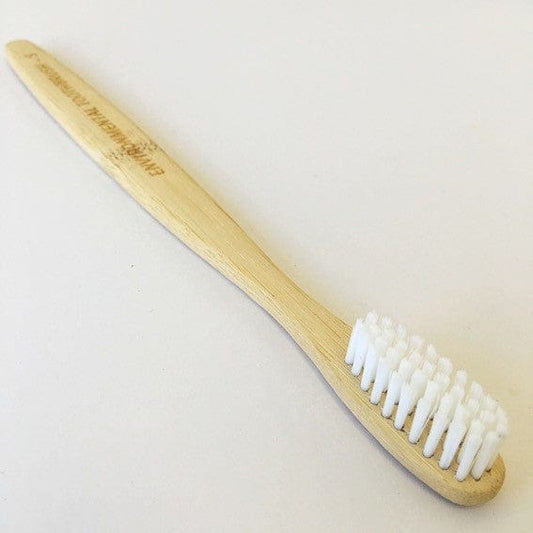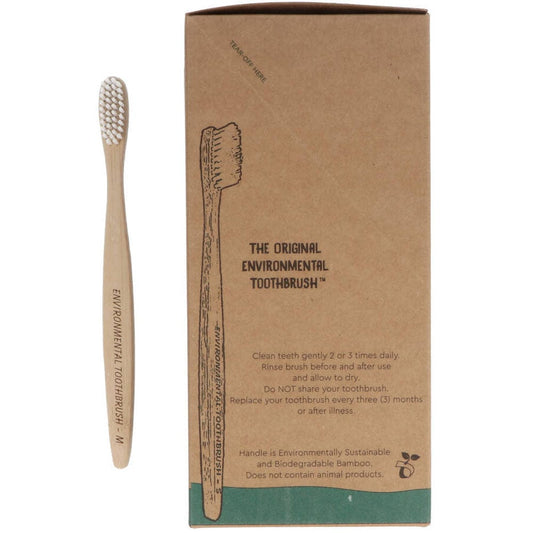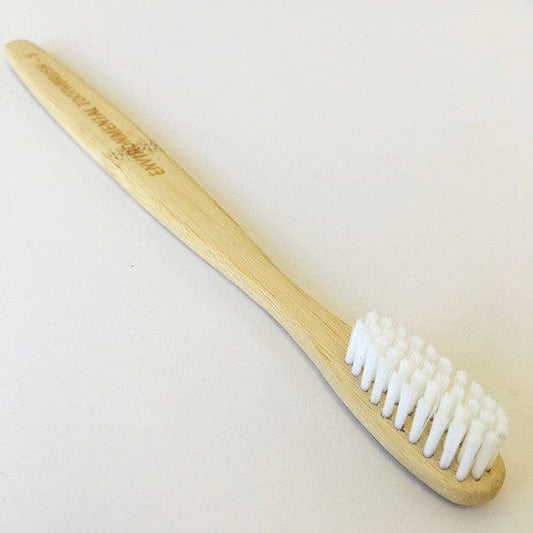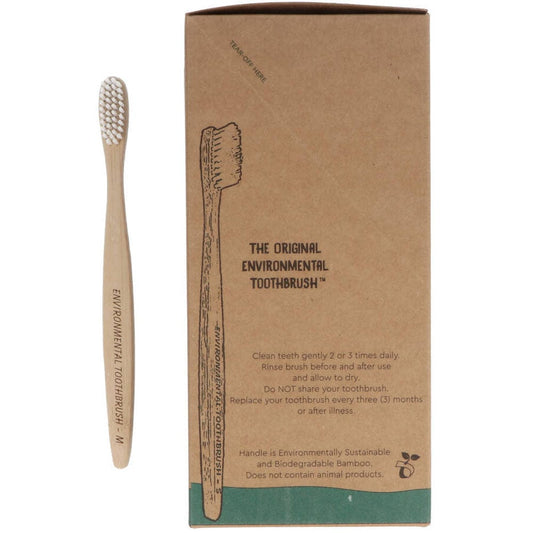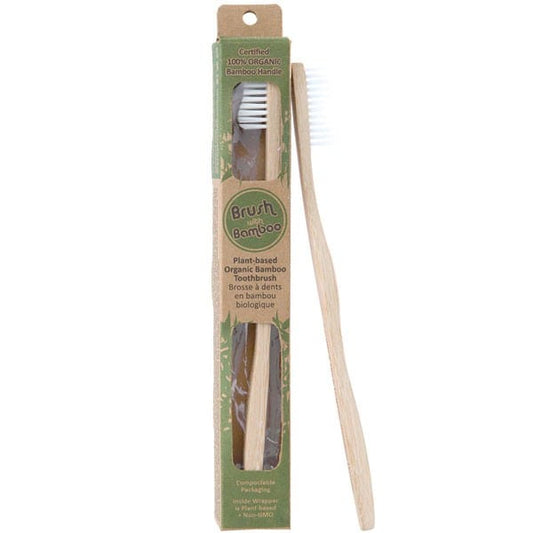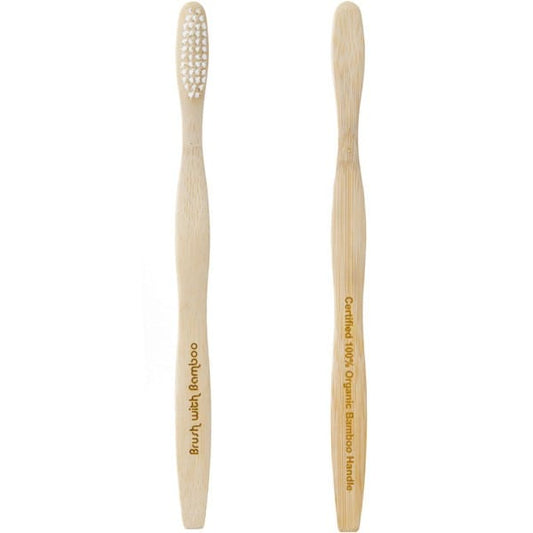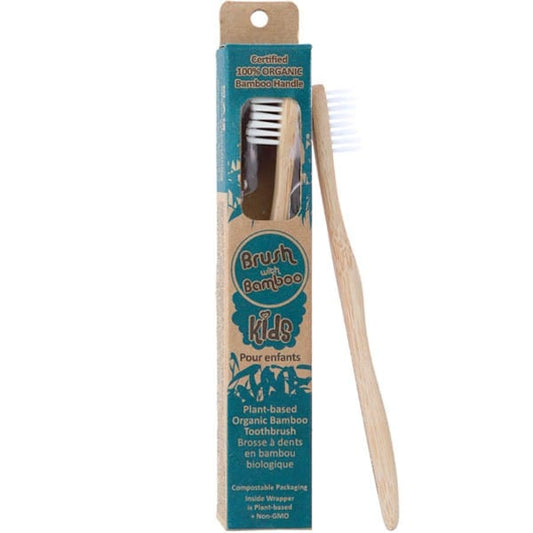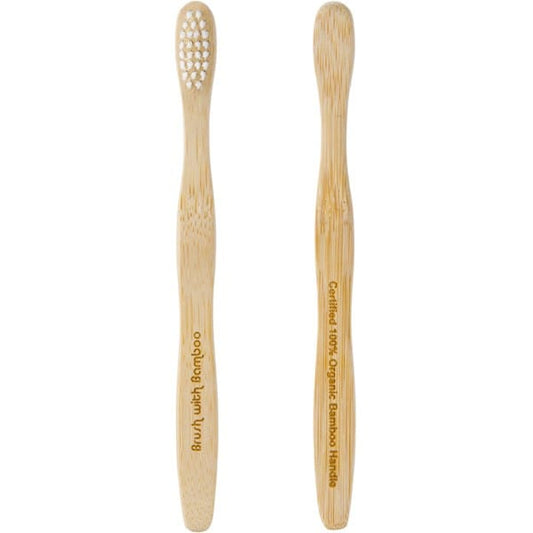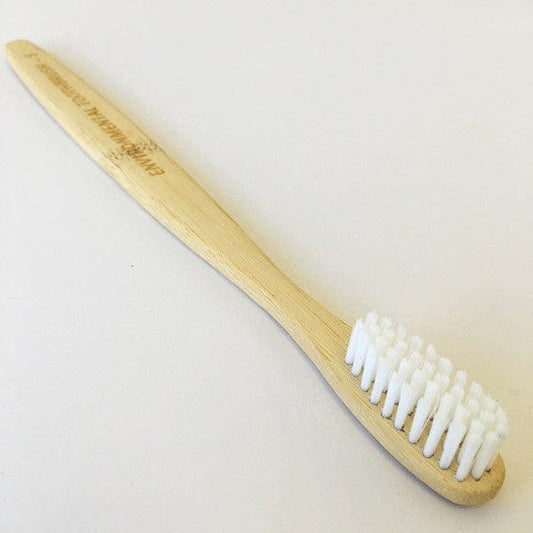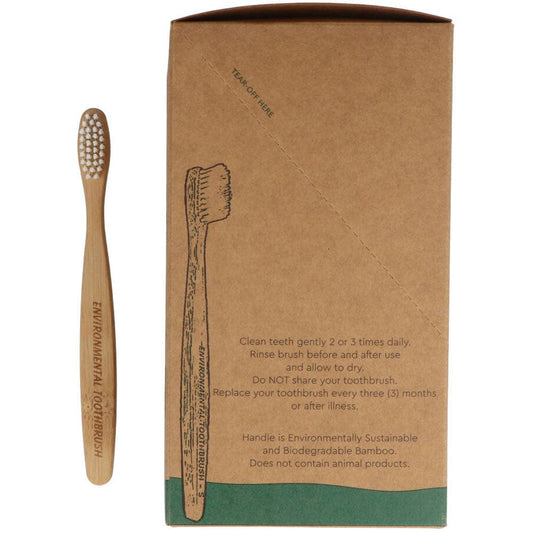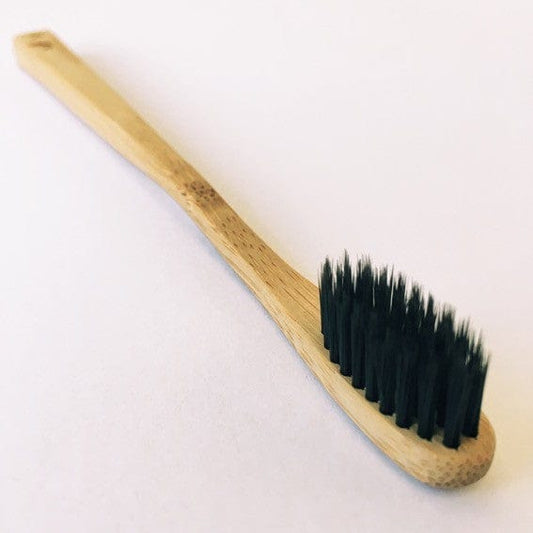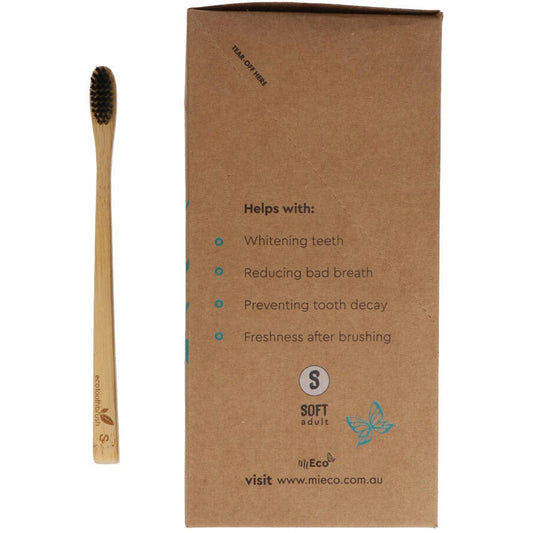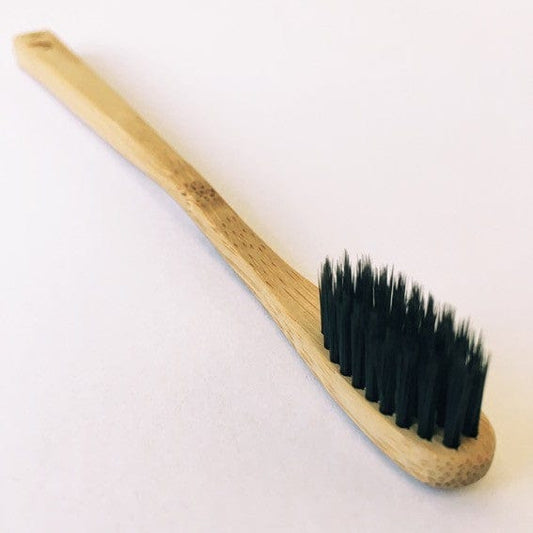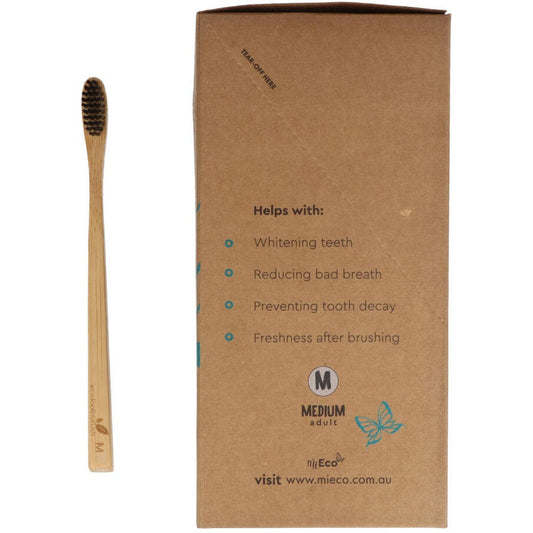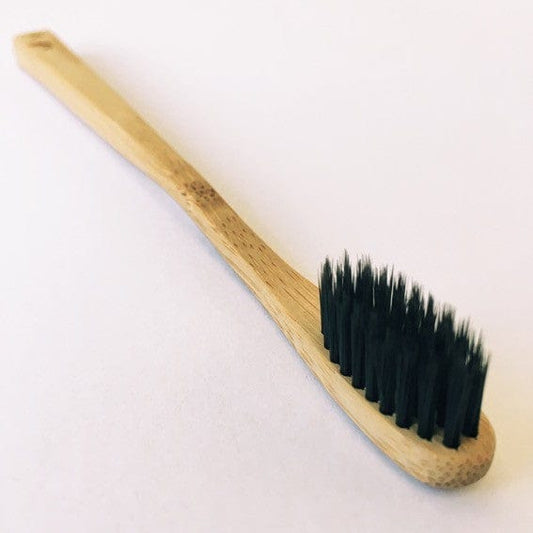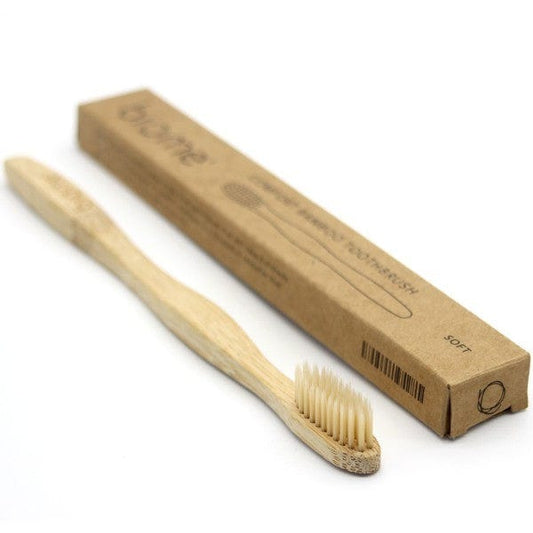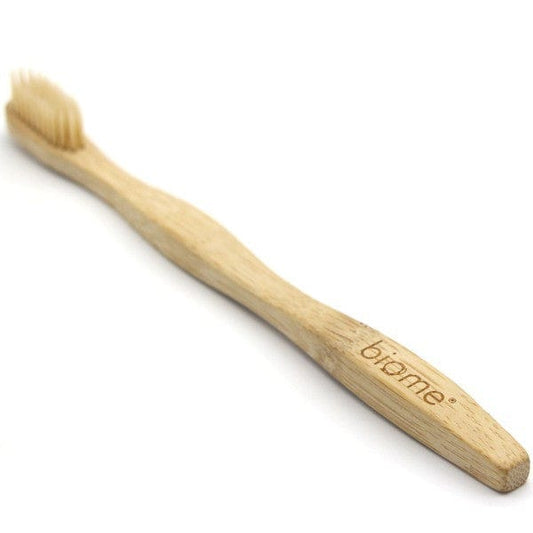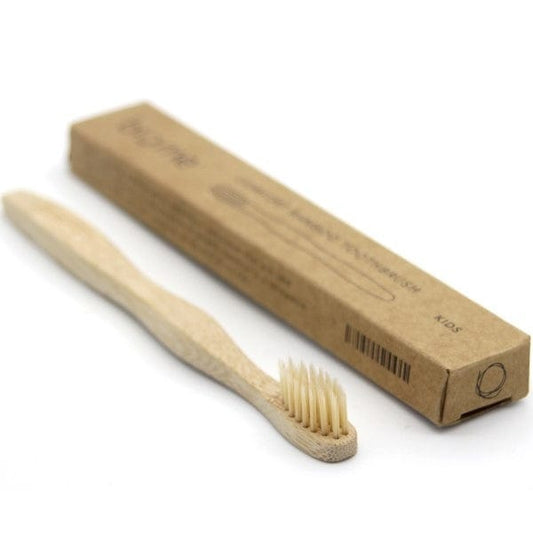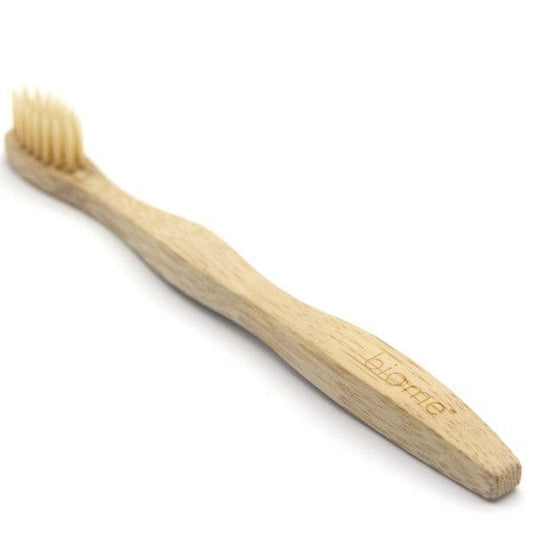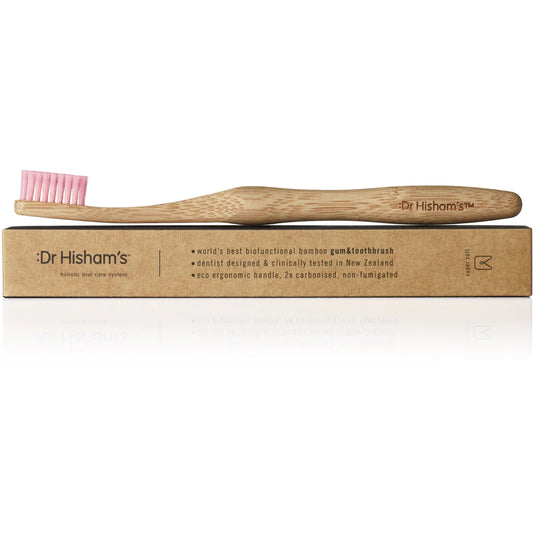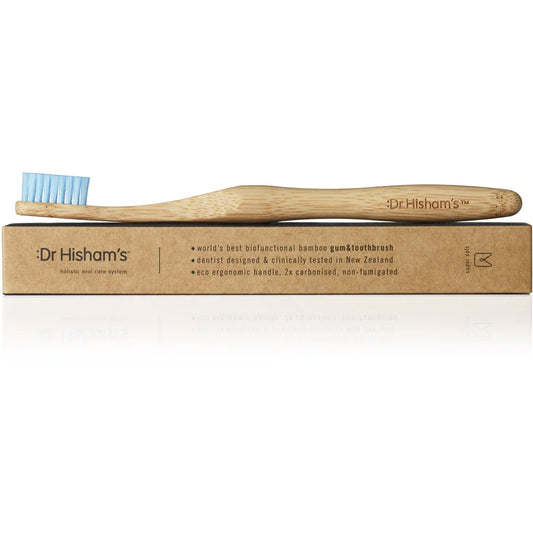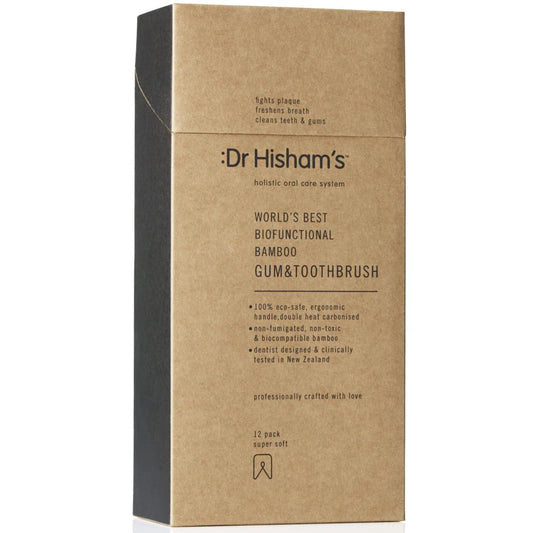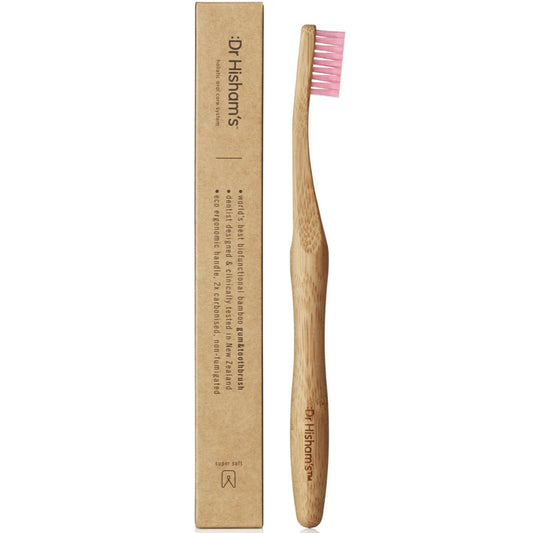-
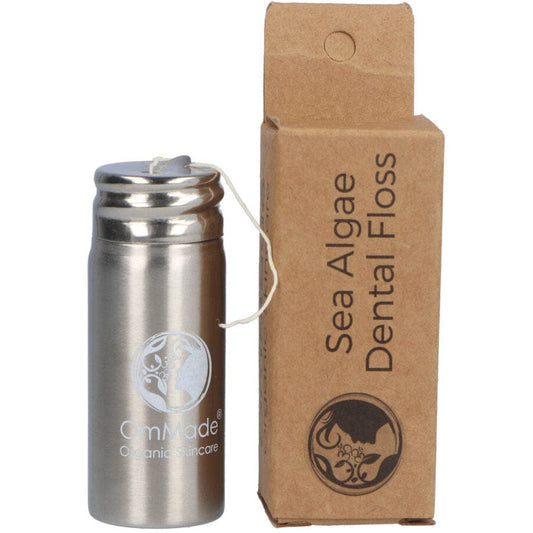
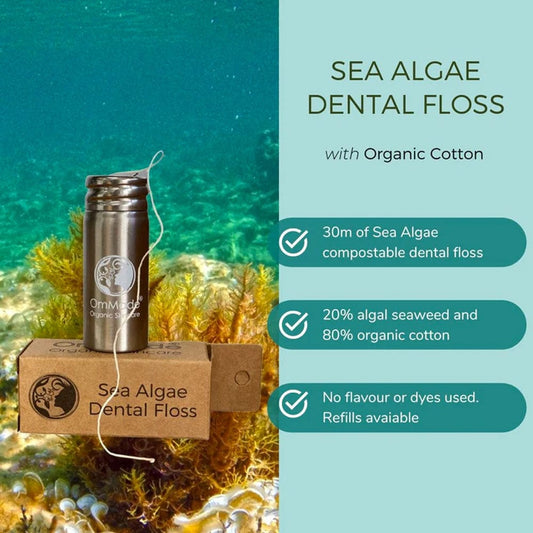 Rated 2.7 out of 5 stars20Regular price $4.48Regular priceUnit price per
Rated 2.7 out of 5 stars20Regular price $4.48Regular priceUnit price per -
Rated 4.5 out of 5 stars102Regular price From $2.90Regular priceUnit price per
-
Rated 4.6 out of 5 stars75Regular price From $2.90Regular priceUnit price per
-
Vendor:Brush With BambooBrush with Bamboo Organic Bamboo Toothbrush Castor Bean Oil Bristles - Adult SoftRated 4.6 out of 5 stars18Regular price $5.12Regular priceUnit price per
-
Vendor:Brush With BambooBrush with Bamboo Organic Bamboo Toothbrush Castor Bean Oil Based Bristles - Kids SoftRated 4.0 out of 5 stars5Regular price $5.12Regular priceUnit price per
-
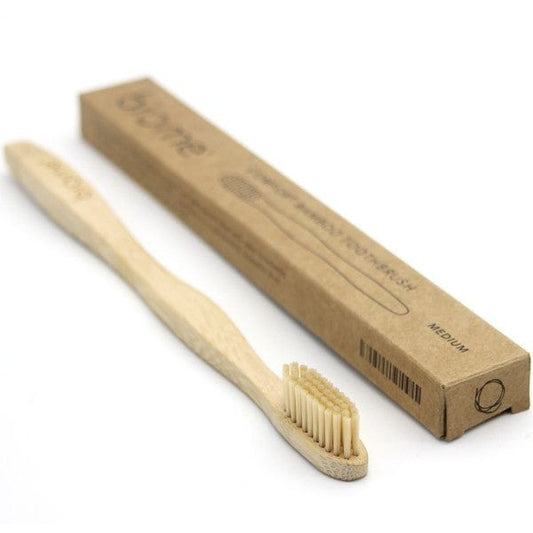
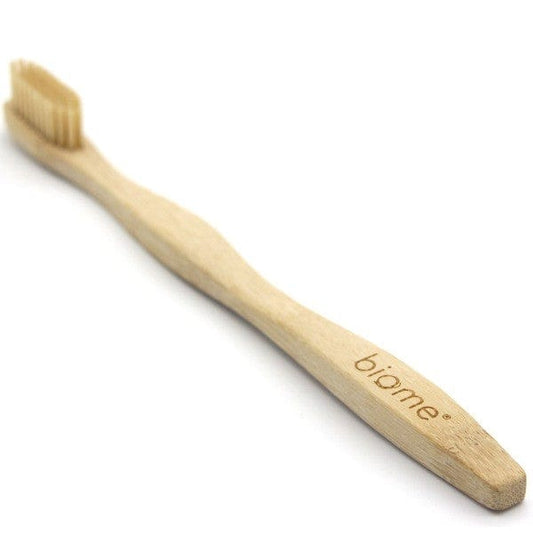 Back soonRated 4.0 out of 5 stars35Regular price $2.42Regular priceUnit price per
Back soonRated 4.0 out of 5 stars35Regular price $2.42Regular priceUnit price per -
Rated 4.7 out of 5 stars43Regular price From $2.90Regular priceUnit price per
-
Rated 4.6 out of 5 stars63Regular price From $3.19Regular priceUnit price per
-
Rated 4.4 out of 5 stars46Regular price From $3.19Regular priceUnit price per
-
Rated 4.7 out of 5 stars18Regular price $3.19Regular priceUnit price per
-
Rated 4.7 out of 5 stars36Regular price $2.42Regular priceUnit price per
-
Rated 4.8 out of 5 stars22Regular price $2.25Regular priceUnit price per
-
Regular price $5.12Regular priceUnit price per
-
Regular price $57.89Regular priceUnit price per
Search by name, brand, ingredient and more...
Search products...
Item added to your cart



